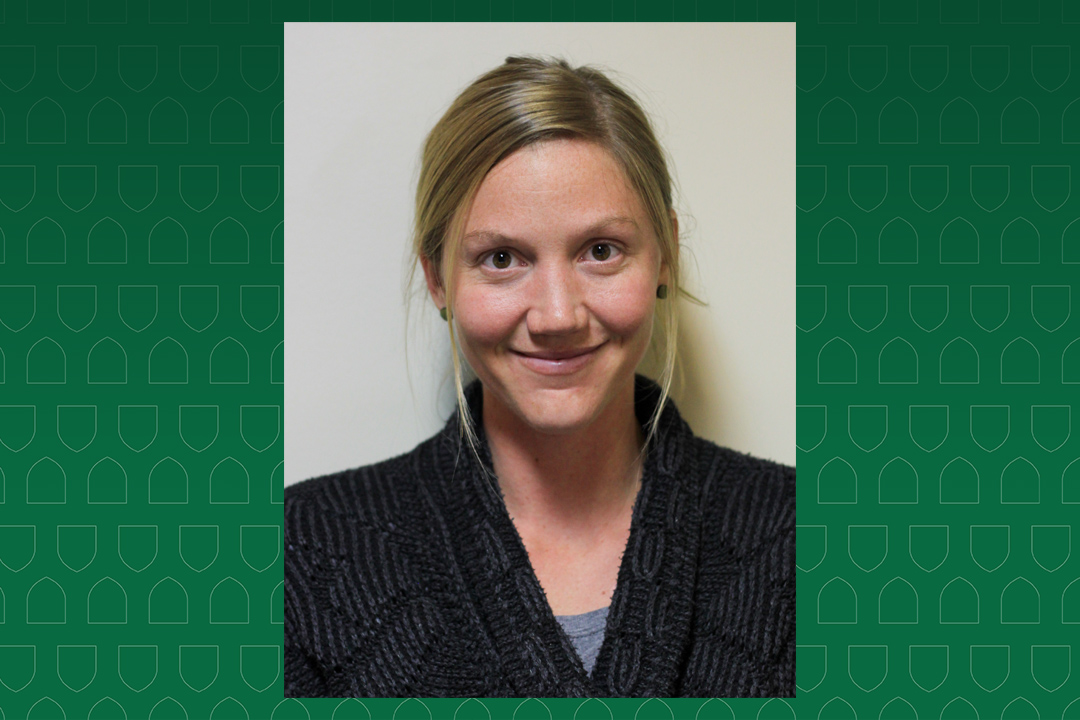The assistant professor in the School of School of Rehabilitation Science in the College of Medicine at the University of Saskatchewan (USask) is currently working on several MS research projects. Her latest is a three-year project to build a new physical rehabilitation neurorecovery model of care for those living with MS in the province.
“Because of advances in research and advances in treatment, people are living longer and living better with MS,” said Donkers, who is also the co-head of the NeuroSask physiotherapy program delivering online physical therapy guidance for MS patients during the ongoing global pandemic. “If we can get people living with MS to be more active and stay active longer, that seems to have the biggest benefit. And as the disease progresses, we want to be able to provide intense task-oriented training to most effectively promote neural recovery.”
Previous research conducted by USask’s Dr. Charity Evans (PhD) of the College of the Pharmacy and Nutrition and Dr. Katherine Knox (MD) of the College of Medicine confirmed that Saskatchewan has among the highest rates of MS in the world (315 cases per 100,000 people). Despite that, the province does not currently have MS-specific physical rehabilitation services, a missing piece of the health-care puzzle that Donkers is trying to complete.
As medical experts estimate 80 per cent of people living with the chronic degenerative neurological disease are not sufficiently active, Donkers aims to identify the most effective physical therapy methods and work with a team of clinicians and collaborators to create the most practical model to provide access to treatment in the province.
“It’s a two-pronged approach,” said Donkers, who earned her PhD at USask before becoming a faculty member. “We want to focus on a way that we can deliver programs and support that will work with our current health-care system and the reality of our Saskatchewan landscape. We do not have MS hot spots, per se, in the province. We do have more cases in Saskatoon and Regina, due to population. But overall we have low population density and people living with MS spread across the entire province, so we need to provide services that can reach people wherever they are.”
Donkers and other researchers are also currently running two other studies exploring alternate methods of access and delivery, from in-person treatment at clinics and physiotherapists travelling to homes, to virtual online programming and tele-help.
“This is really the critical piece to make this change in clinical practice and to get the momentum moving forward to put our new findings into practice,” she said.
Donkers said her three-year research project is beginning with building a network of MS researchers, clinicians and individuals living with the disease, as well as experts from the Saskatchewan Health Authority and other stakeholders and collaborators, all working together to design a new model for rehabilitation. The team will then move to implement the new model, which will be built on the best practices of clinicians and emerging evidence from researchers.
“There a lot of moving parts that we need to address,” she said. “We have to be realistic and know there will be compromises, but that is how you get to the point of implementing something that is sustainable, something that is meaningful and something that is relevant to the local health care context. We are going to choose what the biggest priority is, design a program, and implement it. We envision a multi-pronged approach that will be put into place in order to best serve people with MS, wherever they are throughout the province.”
So what drives Donkers’ determination to find new ways to improve the lives of those affected by MS?
“There are a number of people who have driven my passion for this field of research,” said Donkers. “The biggest thing was I worked clinically before I went into research and I specialized in neurological rehabilitation and I just wanted to be able to do more for my patients with MS, especially when they got to those progressive stages of the disease. I wanted to improve my own understanding of the disease and try to make a difference with my research.”
Article re-posted on .
View original article.
